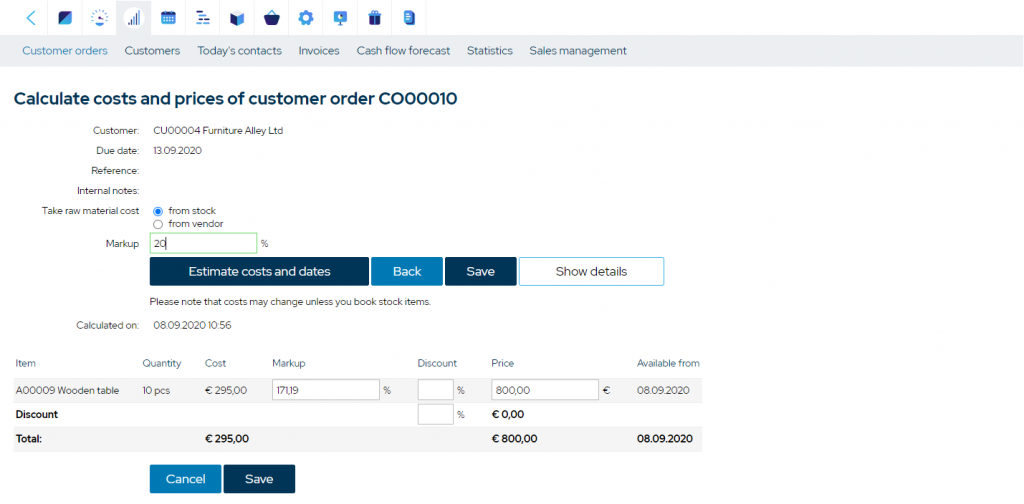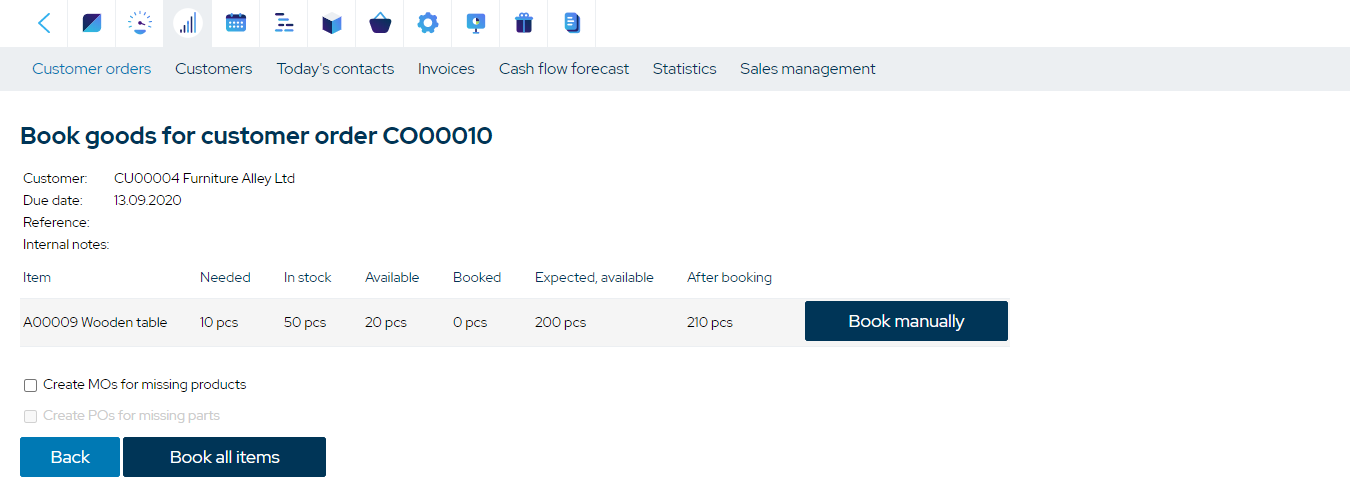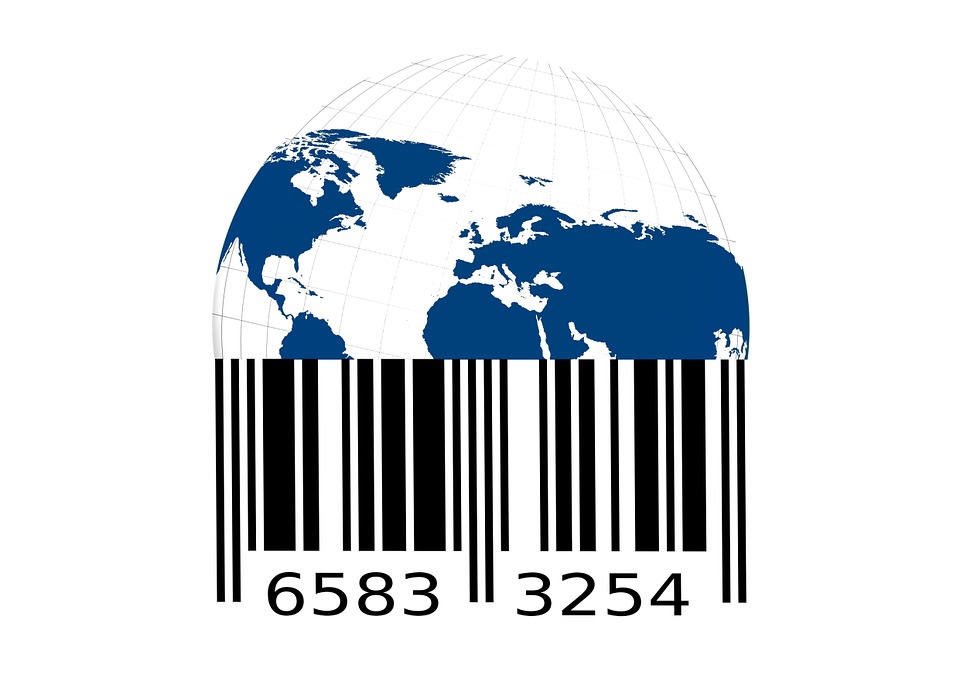CRM Software for the Manufacturing Industry – 6 Ways It Can Improve Your Business
Customer satisfaction is a major driver behind bigger profits. Using a CRM software designed for the manufacturing industry can help you get a piece of that pie.

You can also listen to this article:
CRM software has revolutionized customer relations with companies like Pipedrive and Salesforce offering solutions that make sales teams substantially more productive (and customers substantially happier).
Manufacturers, however, have a significantly different (and wider) set of requirements than the sales teams the aforementioned systems were created for.
That is why there is a need for CRM software designed specifically for the manufacturing industry.
Using a manufacturing CRM could improve your cash flow and contribute greatly to long-term growth.
But how? Let’s break it down to the basics.
What is CRM?
Simply put, a CRM or Customer Relationship Management system is a way for a company to manage and analyze their contacts with customers.
It helps to keep a tab on sales, customer satisfaction, retention and service by bringing all interactions across all channels together in one easily manageable interface.
In fact, a CRM could very easily be an Excel sheet, a notebook, or the individual brains of the members of your sales team. The best solution for a manufacturing company, though, is a designated CRM module within a manufacturing software.
Manufacturing CRM vs. Conventional CRM
Even though many functionalities of a manufacturing CRM overlap with those of a typical business CRM, there are some significant aspects that are unique only to manufacturing.
This means that using a conventional CRM at a manufacturing enterprise could have a less positive effect than using a CRM software made with the manufacturing industry in mind.
If you provide services or resell finished goods, you’ll almost always know how much your product costs and when it can be delivered to the buyer.
However, if you are the one that is going to manufacture the product for the customer, you need to know:
- How much it will cost
- When it will be delivered
If at this point you have to go to your suppliers to ask for prices and delivery terms for the raw materials, you will not be able to give quick and accurate answers to your customer.
Depending on the complexity of your products, it could take from several days to a whole week to get the answers.
So, in order not to lose your clients to other manufacturers, you will be forced to make a quotation based on approximate figures from previous experience.
This practice, however, can be highly inaccurate, and could subsequently lead to losses.
Here’s where the manufacturing CRM comes into play.
You see, CRM software designed for manufacturers can respond to those questions instantly.
It’s because a manufacturing CRM is tightly integrated with another important functional module – production planning.
A conventional CRM will help you manage customer data and issue an invoice without problems.
But being part of an integrated whole will give the manufacturing CRM access to much more information that could help it determine the correct lead times and product prices.
And more. A lot more.

6 ways a manufacturing CRM could improve your business
Other than providing you with accurate lead times and quotes, the CRM functionality of a manufacturing software gives you the upper hand in too many an area to ignore:
- Overview of all customer data
CRM software gives you the chance to manage all customer data along with the next contact dates. Thanks to that, your sales team will never forget a contact, and have the information to cover the customer’s needs at hand whenever a call comes.
- Managing and tracking orders
Whenever an order comes in, you’ll be able to provide the customer with an accurate lead time and price. After that, you can follow the order status all through the production process until delivery, and see whether an invoice has been delivered and paid. This takes a lot of dull searching and inquiring out of your sales team’s tasks and lets them focus on what’s important.
- Better customer support
Apart from never letting your sales team forget a client’s data or next contact, a CRM can also contribute to better customer support. Case management through a ticketing system gives the client a chance to shed light on problems with a product while giving you a simple way to ensure that none of the complaints go overlooked. It can also aid you in handling customer returns. - Improvements in product quality
The information received from the customers through the system (along with the ability to analyze the data) can help you pinpoint flaws in the production process that cause recurring defects. Then you will be able to eliminate the problem and ensure that the defects will not occur again.
Read more about How a Manufacturing ERP Improves Quality in the Workplace - Smoother exchange of information
Each time a sale is closed, items can be booked from stock. If products or materials are not found in the inventory, MOs and POs can be automatically created for them. That means everyone from sales to production to procurement is involved, making the communication between departments much more efficient.
- Improved analytical capabilities
With automatic data input and collection in place, you are able to use the system to analyze the efficacy of your sales team, and forecast cash flow, procurement needs, and demand. This insight allows you to improve your sales processes, be flexible in changing business environments, and act quicker and smarter than your competitors.
Those are some of the main areas you could improve in your business by using CRM software specially designed for the manufacturing industry.
And these are still not all of its benefits.
See a detailed view of what an integrated CRM within a manufacturing software could offer you from the feature list of our manufacturing CRM.
Conclusion
When every business is in the business of making customers happy, you need cutting-edge solutions in order to win more people over than your competitors ever could.
One of the most effective ways to do this (and one of the easiest in the long run) is to implement a CRM software.
Although there are some advanced standalone CRM systems out there that are perfect for some companies, a manufacturing business will benefit most from an ERP/MRP software with a built-in CRM module.
With capabilities ranging from customer relations to production planning, accounting, and stock management, an MRP system helps manage all facets of a manufacturing business through one intuitive interface.
To keep going further, take a look at this list of the Top Six Manufacturing ERP Systems for Small Manufacturers.




